It’s been eight months and articles about America’s “Great Resignation” just keep coming. In April, four million Americans quit their jobs and then in May, 3.6 million people followed suit. The summer brought another 12.2 million resignations and then, not to be outdone, September set a new record with 4.4 million Americans quitting their jobs. Estimates suggest by year’s end, more than 25 percent of the American workforce will have quit their jobs in 2021 alone.
Triggered largely by the COVID crisis, the U.S. has experienced unprecedented labor challenges over the past year that now leave the country with more than 10 million unfilled jobs. Many of them include positions that were extra challenging during the pandemic. While every sector of business was affected, the number of doctors, nurses, waiters, teachers, hotel staff, truck drivers, retail employees and women who have left the workforce is staggering. Then again, when you consider the stress, overwork, and lack of civility from the general public many of those people had to deal with it’s not hard to understand why they would leave.
As easy as it would be to blame The Great Resignation on COVID, there is a bigger picture here. This isn’t an anomaly, or an isolated event, or simply fallout from the pandemic. It’s a sustained movement and a profound shift in how American employees are thinking about work, their future, and the kinds of companies they are willing to dedicate their careers to.







